第二次産業革命の概要
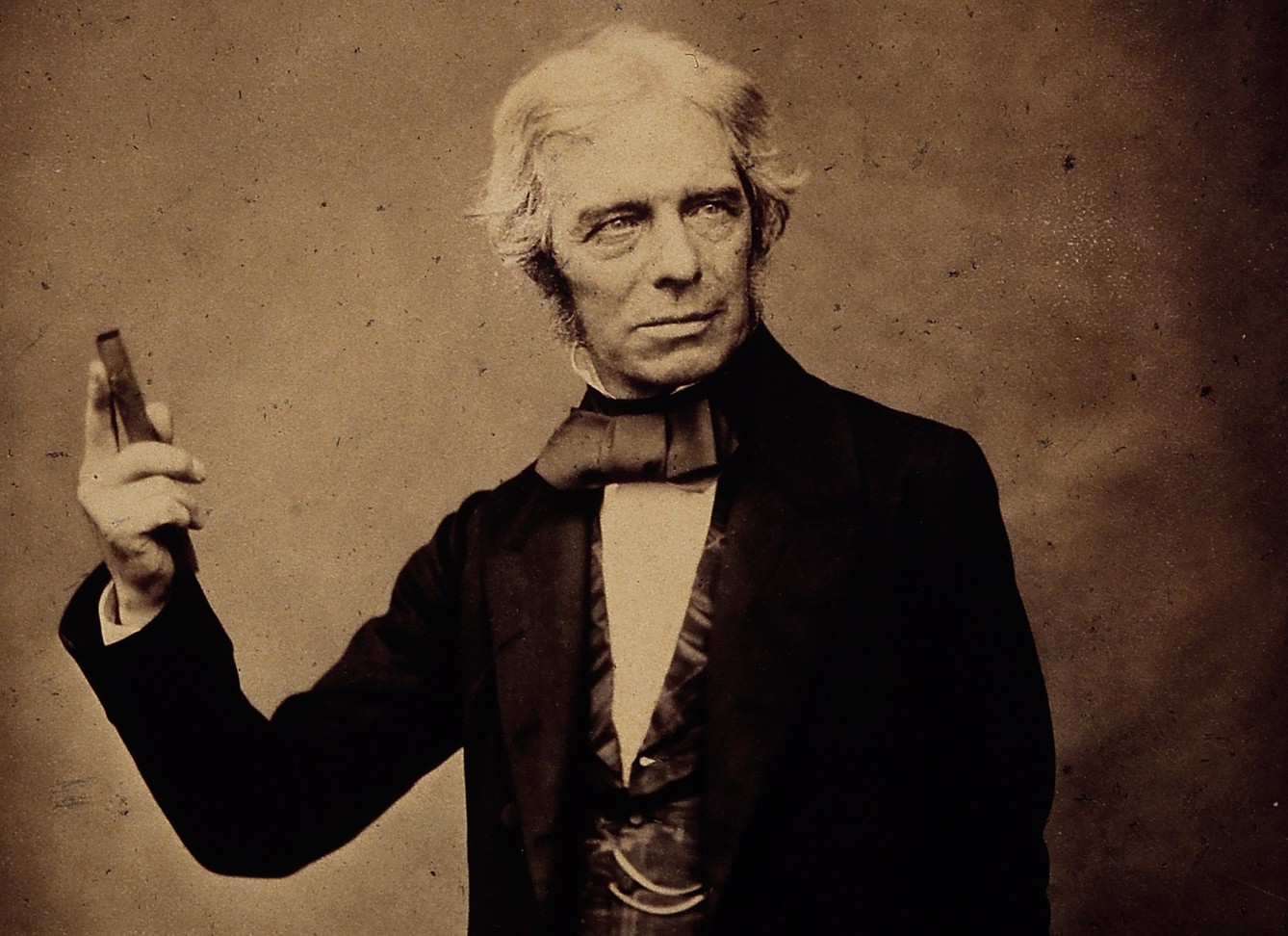
Thunderbolts and Lightning A History of Discovery and Research in Electricity Brewminate A
Benjamin Franklin Drawing Electricity from the Sky, an artistic rendition of Franklin's kite experiment painted by Benjamin West, c. 1816. The kite experiment is a scientific experiment in which a kite with a pointed conductive wire attached to its apex is flown near thunder clouds to collect static electricity from the air and conduct it down the wet kite string to the ground.

FileFranklinBenjaminLOC.jpg Wikipedia
Benjamin Franklin, electricity, experiment, history, kite, lightning, power, science, Thomas Edison, History, Science, Discovered, Bifocal Glasses, Static Electricity, Positive, Negative, Flow, Metal, Key, Shock, Electric Light Bulb, William Gilbert, Magnetism, Sir Thomas Browne, Battery, Benjamin Franklin, Electricity, Experiment, History,

Who Invented Electricity ? History of Electricity?
Italian physicist Alessandro Volta discovered that particular chemical reactions could produce electricity, and in 1800 he constructed the voltaic pile (an early electric battery) that produced.
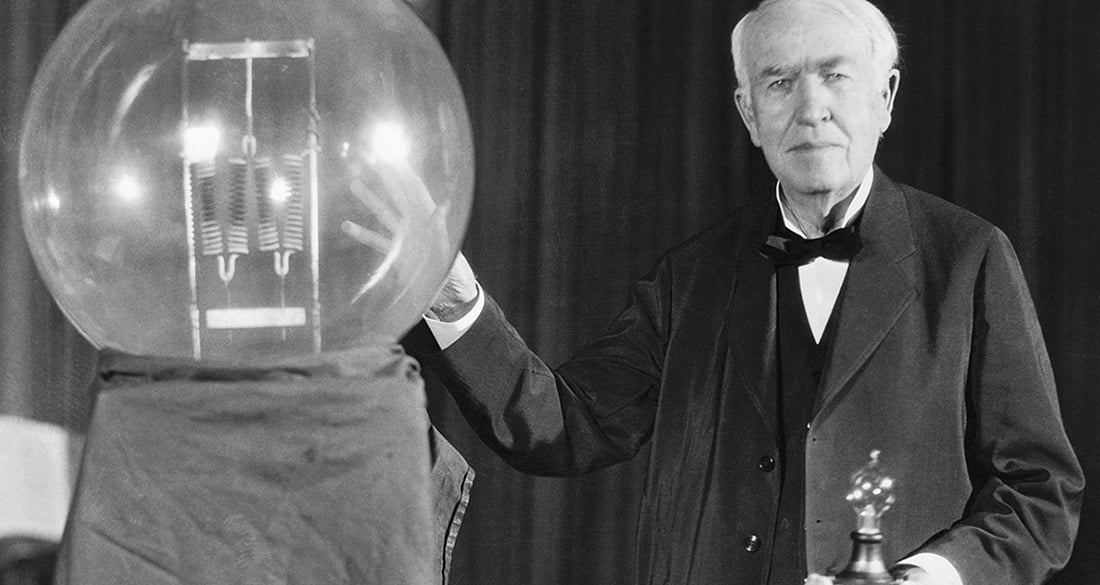
What Is Thomas Edison's Middle Name
Scientists v t e Electricity is the set of physical phenomena associated with the presence and motion of matter possessing an electric charge. Electricity is related to magnetism, both being part of the phenomenon of electromagnetism, as described by Maxwell's equations.

Benjamin Franklin’s Kite Experiment What Do We Know? HISTORY
Bottom line: electricity wasn't discovered by just one person. The concept of electricity was known to people for thousands of years. The concept of electricity was known to people for thousands.

The Discovery of Electricity Interesting Facts for Kids
Tennessee Valley Authority (TVA), U.S. government agency established in 1933 to control floods, improve navigation, improve the living standards of farmers, and produce electrical power along the Tennessee River and its tributaries. The Tennessee River was subject to severe periodic flooding, and capacitance Summary
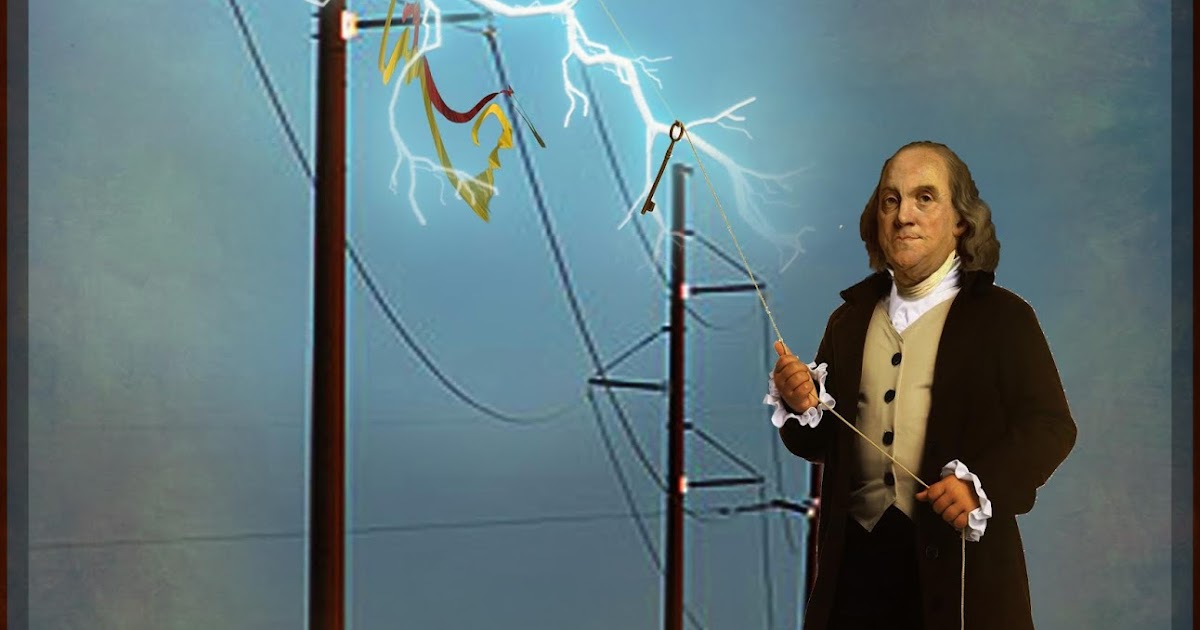
The Stardust Factory... BEN FRANKLIN DISCOVERS ELECTRICITY... HISTORICAL PEOPLE IN A MODERN
Table of contents How Does It Work? The Discovery of Static Electricity Pioneers of Electricity Alessandro Volta's Lithium-Ion Battery Michael Faraday's Dynamo Thomas Edison's Electric Light Bulb Nikola Tesla and Alternating Current (AC) Mass Production of Electricity Other Important Contributions in the Field of Electricity How Does It Work?
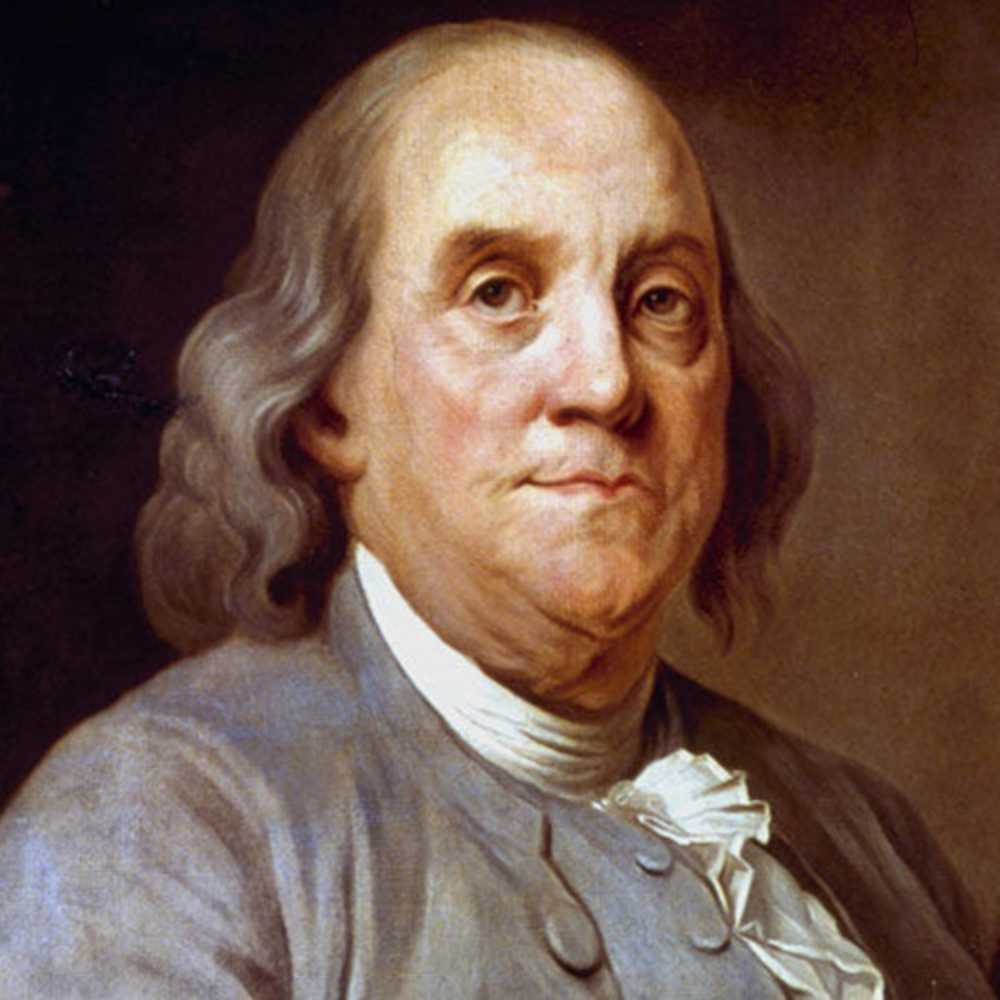
SwashVillage Benjamin Franklin Biografie
By Rachel Semigran | Aug 10, 2015. In elementary school, most of us were taught that Benjamin Franklin discovered electricity by tying a key to a kite and standing in a thunderstorm. Though.
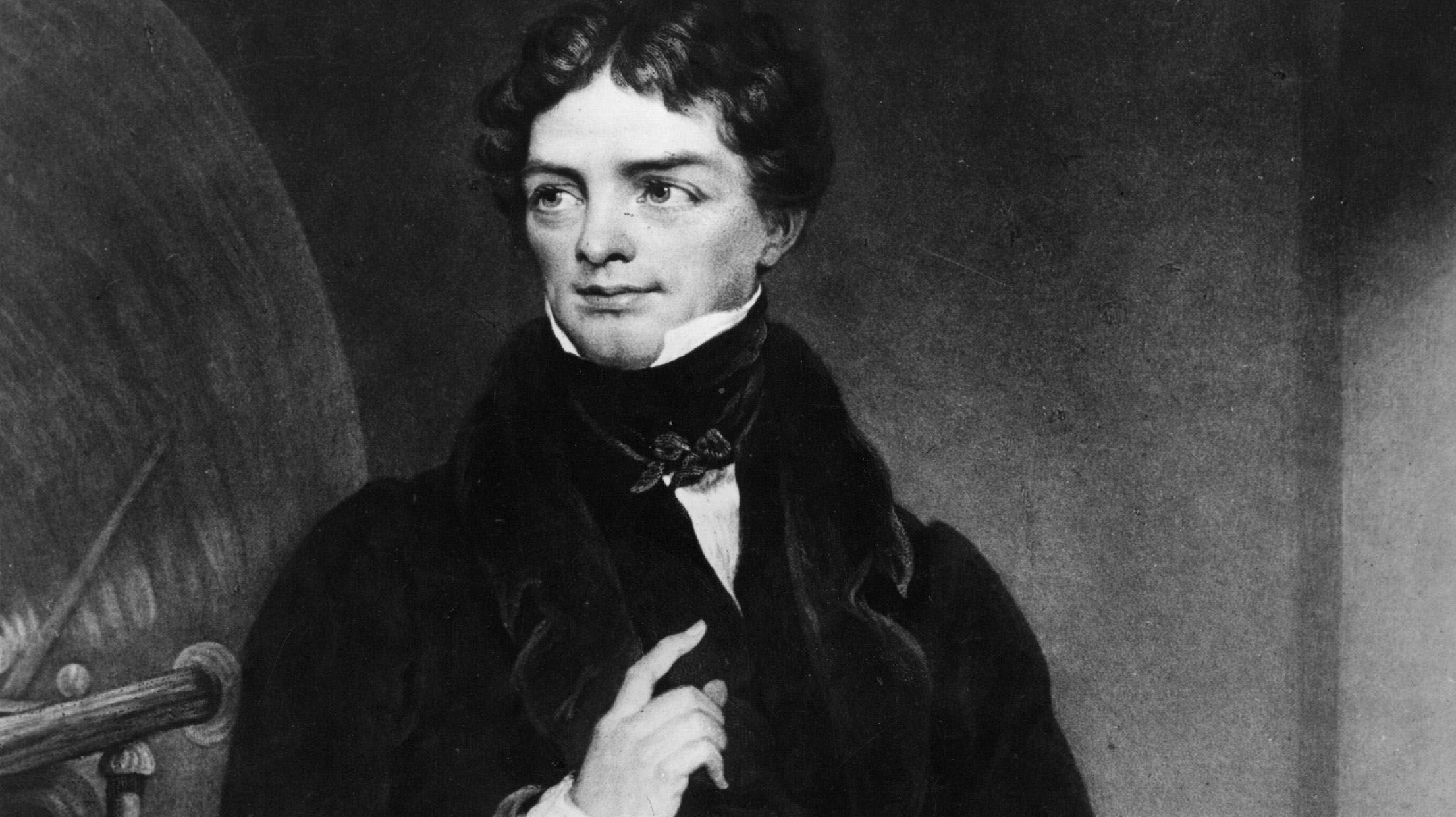
9 Facts about Physicist Michael Faraday, the 'Father of Electricity' Mental Floss
Many people think Benjamin Franklin invented electricity with his famous kite-flying experiments in 1752. Franklin is famous for tying a key to a kite string during a thunderstorm, proving that static electricity and lighting were indeed, the same thing. However, that isn't the whole story of electricity. Benjamin Frankin

Who invented the light bulb?
September 22, 1791, Newington, Surrey, England Died: August 25, 1867, Hampton Court, Surrey (aged 75) Awards And Honors: Copley Medal (1838) Copley Medal (1832) Subjects Of Study: Faraday's law of induction halocarbon static electricity electric generator electric motor (Show more) See all related content → Top Questions

The Stardust Factory... BEN FRANKLIN DISCOVERS ELECTRICITY... HISTORICAL PEOPLE IN A MODERN
Michael Faraday Michael Faraday FRS ( / ˈfærədeɪ, - di /; 22 September 1791 - 25 August 1867) was an English scientist who contributed to the study of electromagnetism and electrochemistry. His main discoveries include the principles underlying electromagnetic induction, diamagnetism and electrolysis.
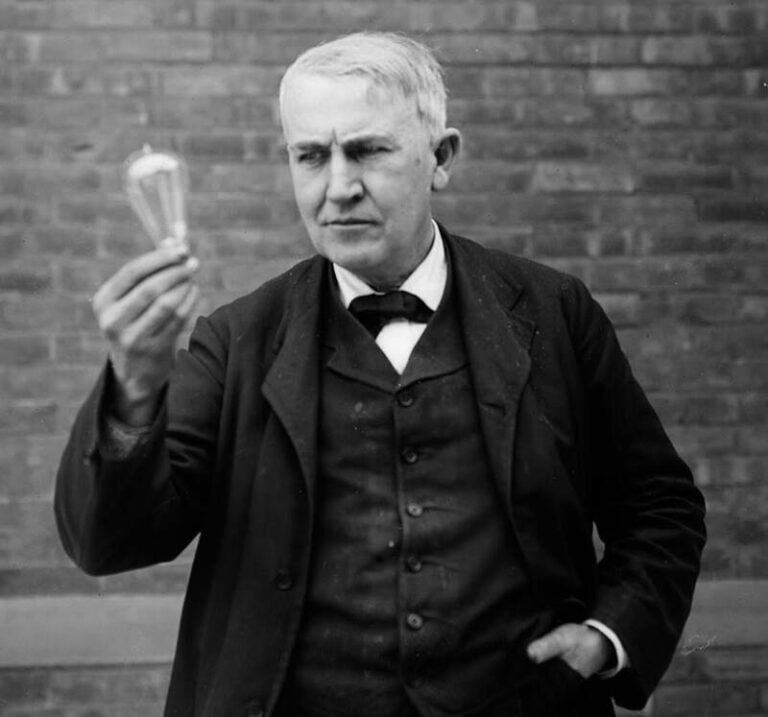
Who Invented The Light Bulb Before Thomas Edison Got All The Credit?
In 1729, Stephen Gray discovered the principle of the conduction of electricity and, in 1733, Charles Francois du Fay discovered that electricity comes in two forms which he called resinous (-) and vitreous (+), now called negative and positive. The Leyden Jar

Thomas Edison Thomas edison, What is work, Failure
Way back in 600BCE, a Greek mathematician and philosopher named Thales (c.624-546BCE), who lived in the city of Miletus (now in Turkey), kicked off our story when he discovered the basic principle of static electricity (electricity that builds up in one place).
:max_bytes(150000):strip_icc()/Edison-57ffd2f23df78cbc288e377d.jpg)
第二次産業革命の概要
One of the first major breakthroughs in electricity occurred in 1831, when British scientist Michael Faraday discovered the basic principles of electricity generation. [2] Building on the experiments of Franklin and others, he observed that he could create or "induce" electric current by moving magnets inside coils of copper wire.

Who Discovered Electricity? (with pictures)
Thomas Alva Edison (February 11, 1847 - October 18, 1931) was an American inventor and businessman. He developed many devices in fields such as electric power generation, mass communication, sound recording, and motion pictures. These inventions, which include the phonograph, the motion picture camera, and early versions of the electric light bulb, have had a widespread impact on the modern.

Who is the father of electricity Biography of Williams Gilbert BricksTowoods YouTube
Despite a common misconception, Benjamin Franklin did not discover electricity during this experiment—or at all, for that matter. Electrical forces had been recognized for more than a thousand years, and scientists had worked extensively with static electricity. Franklin's experiment demonstrated the connection between lightning and electricity.